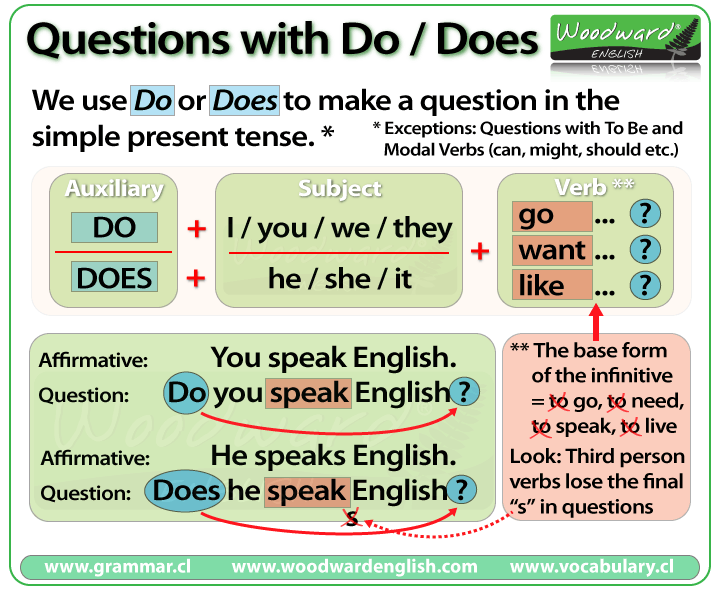Understanding Hazard Classes: Automotive Batteries at Walmart and Safe Handling Guidelines
Introduction: Why Hazard Classes Matter for Automotive Batteries
Automotive batteries play a crucial role in powering vehicles, but they also present significant hazards if not handled, transported, or disposed of correctly. Various regulations classify these batteries into hazard categories to ensure public safety, environmental protection, and compliance with federal laws. Understanding the hazard class of automotive batteries, especially those sold at Walmart or similar retailers, is essential for both consumers and businesses. This article provides comprehensive information on the hazard classification of automotive batteries, what it means for Walmart customers, and actionable steps for safe handling and disposal.
Hazard Class of Automotive Batteries: Regulatory Overview
The majority of automotive batteries sold at Walmart are traditional lead-acid batteries . According to the U.S. Department of Transportation and related regulatory agencies, lead-acid automotive batteries are classified as Class 8 hazardous materials-corrosive substances . This classification is due to the presence of sulfuric acid inside the battery, a highly corrosive chemical that can cause severe harm to skin, eyes, and the environment if released [1] .
Class 8 hazardous materials are defined as substances that cause full-thickness destruction of human skin at the site of contact within a specified time frame or that have a severe corrosive effect on steel or aluminum. Since automotive batteries contain both lead and concentrated sulfuric acid, they meet this criterion [2] .
Notably, lithium-ion automotive batteries (increasingly found in hybrids and electric vehicles) are generally classified as Class 9 hazardous materials , reserved for miscellaneous dangerous goods that do not fall under other classes but still pose a significant risk during transport [1] , [5] . However, the typical automotive batteries you find at Walmart for conventional cars are overwhelmingly lead-acid and thus Class 8.
Walmart’s Policy on Hazardous Materials and Automotive Batteries
Walmart takes regulatory compliance seriously when it comes to selling and shipping hazardous materials, including batteries. The company identifies and manages products that pose environmental and safety risks according to federal and state guidelines. According to Walmart’s official guidelines, any item containing a battery-of any chemistry or type-is considered hazardous for the purposes of fulfillment and shipping. These items must pass a compliance review before being sold online or shipped through Walmart Fulfillment Services [4] .
For in-store purchases, Walmart follows procedures to ensure that batteries are handled, stored, and disposed of in accordance with regulations. This includes providing dedicated drop-off points for old batteries and limiting access to battery storage areas to trained personnel.
Practical Steps: Buying, Handling, and Disposing of Automotive Batteries at Walmart
Purchasing Automotive Batteries
When purchasing an automotive battery at Walmart, you can expect the following:
- Staff may ask for your old battery as a core exchange, reducing environmental impact and ensuring proper disposal.
- Batteries are stored in secure, ventilated areas to prevent accidental contact or leakage.
- Labels and warnings are present on packaging, indicating the corrosive nature and hazard class of the battery.
Customers are advised to transport batteries upright and avoid tilting, as spilled acid can cause injury or property damage.
Handling and Safety Guidelines
Because automotive batteries are classified as Class 8 hazardous materials, certain precautions must be taken:
- Wear gloves and eye protection when moving or installing batteries.
- Keep batteries away from children and pets.
- Store in a cool, dry, and well-ventilated area.
- Never attempt to open or dismantle a battery yourself.
If a battery is damaged or leaking, avoid contact with the liquid and contact your local hazardous waste facility for specific instructions.
Disposal and Recycling Requirements
Improper disposal of automotive batteries is illegal in most jurisdictions. Instead, you should:
- Return used batteries to Walmart or another authorized recycling center. Most Walmart locations offer a recycling program for automotive batteries and may provide a store credit or refund for returned core batteries.
- Check with your local municipality for hazardous waste collection events or facilities.
- Never dispose of automotive batteries in regular household trash; doing so can result in environmental contamination and legal penalties.
If you are unsure where to dispose of a battery, contact your local waste management authority and ask for guidance on hazardous materials recycling programs.

Source: siemens.com
Alternative Battery Types and Hazard Classes
As the automotive market evolves, more vehicles are using lithium-ion batteries , which are classified as Class 9 hazardous materials. These batteries require different shipping and disposal protocols compared to traditional lead-acid batteries. If you are purchasing a battery for an electric or hybrid vehicle, verify the battery type with store staff and ask about specific handling and disposal requirements [5] .
Some automotive stores and specialty recyclers offer dedicated services for lithium-ion battery disposal. If these services are not available at Walmart, ask for a referral to a certified recycler or contact your local environmental agency for instructions.
Regulatory Compliance and Seller Responsibilities
For businesses or individuals interested in selling automotive batteries through Walmart’s online marketplace, strict compliance with hazardous materials regulations is mandatory. This includes:
- Ensuring accurate hazard labeling and packaging.
- Passing Walmart’s compliance review before listing batteries for sale.
- Following Department of Transportation and Environmental Protection Agency guidelines for storage, transport, and disposal.
Failure to adhere to these rules can result in removal of product listings, fines, or other penalties. If you are a seller, visit the official Walmart Marketplace Seller Help pages or contact Walmart Fulfillment Services for detailed compliance instructions.

Source: animalia-life.club
Challenges and Solutions in Battery Handling
Consumers and businesses may encounter challenges such as:
- Lack of information about proper disposal locations.
- Uncertainty about hazard class distinctions (Class 8 vs. Class 9).
- Potential for leaks or accidental exposure during transport.
Solutions include:
- Consulting store staff for recycling program details and safe handling tips.
- Contacting your local waste management authority for hazardous waste drop-off events.
- Using protective equipment and following all labeled safety guidelines.
Summary and Key Takeaways
Automotive batteries sold at Walmart are typically classified as Class 8 hazardous materials due to their corrosive contents, specifically sulfuric acid [1] , [2] . Specialty batteries, such as those for electric vehicles, may fall under Class 9. Safe handling, proper recycling, and compliance with local and federal regulations are critical for both consumers and sellers. If you need more information about battery recycling or hazardous materials compliance, speak with Walmart staff or your local environmental agency for guidance.



